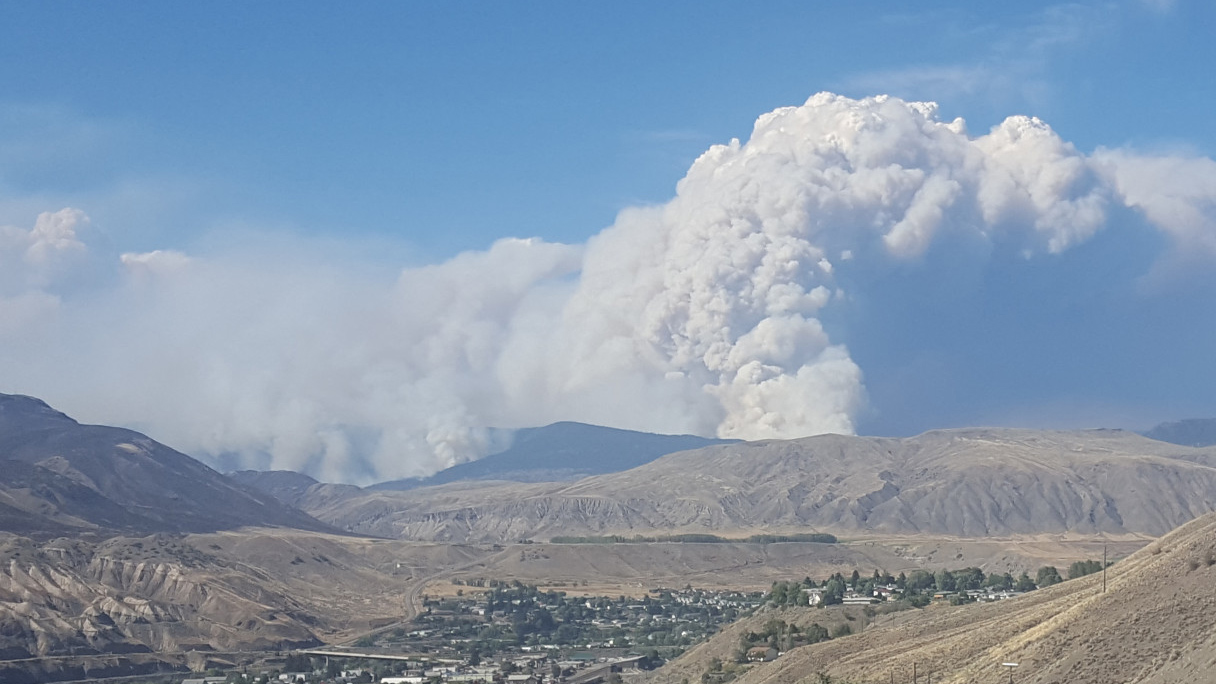Thompson Rivers University (TRU) is undergoing the final step in creating its Institute for Wildfire Science, Adaptation and Resiliency as the proposal is set to be presented to the Board of Governors during their Dec. 1 meeting.
A building behind the Early Childhood Education Building (ECE) on campus currently serves as the destination of wildfire research at TRU. Several nationally renowned experts and graduate students operate out of this lab.
Shannon Wagner, TRU’s vice president of research, is one of the individuals heavily involved in this proposal process and has played a role in helping establish the campus as a place where wildfire research is conducted.
“TRU has built a facility,” Wagner said on the building. “[It’s] a really active building. It’s a beautiful facility, and that’s really become the hub of the research institute and will continue to be that way into the future.”
As it stands, academic research on wildfires from the university simply states that it comes from TRU. The proposal at hand provides work produced from the lab to fall under the umbrella of the wildfire institute.
“So right now, the institute in its structural form, in its active form, I suppose, is functioning. It’s like having a domain name,” Wagner said.
If approved, Wagner said this would signal an endorsement and recognition of wildfire research as a priority of the university.
“So, the institute has been currently been approved by [the] Senate. It requires Senate approval and Board of Governors approval.”
Although nothing is a foregone conclusion, Wagner said she is hopeful that this support will be provided on Dec. 1.
Wildfires are at the forefront of Canadian consciousness this year as, according to recent research, the total area impacted by these disasters broke the previous national record with over 184,000 square kilometres burned.
British Columbia was hit especially badly this summer. Any students staying in Kamloops over the season would’ve borne witness to smoky conditions brought on partly by fires in nearby Ross Moore Lake and Bush Creek, among others across the province.
“It’s very safe to say there is support across the province, across our region,” Wagner said. “All of us are very, very concerned about wildfire, and so there’s been a lot of support from all types of different groups for us to make this a key priority for TRU.”
Wagner said policymakers have consulted experts from TRU in the past. With an increasing focus on this research area, this practice may continue.
TRU’s Board of Governors meeting on Dec. 1 will decide whether the Institute for Wildfire Science, Adaptation and Resiliency will officially be created.

